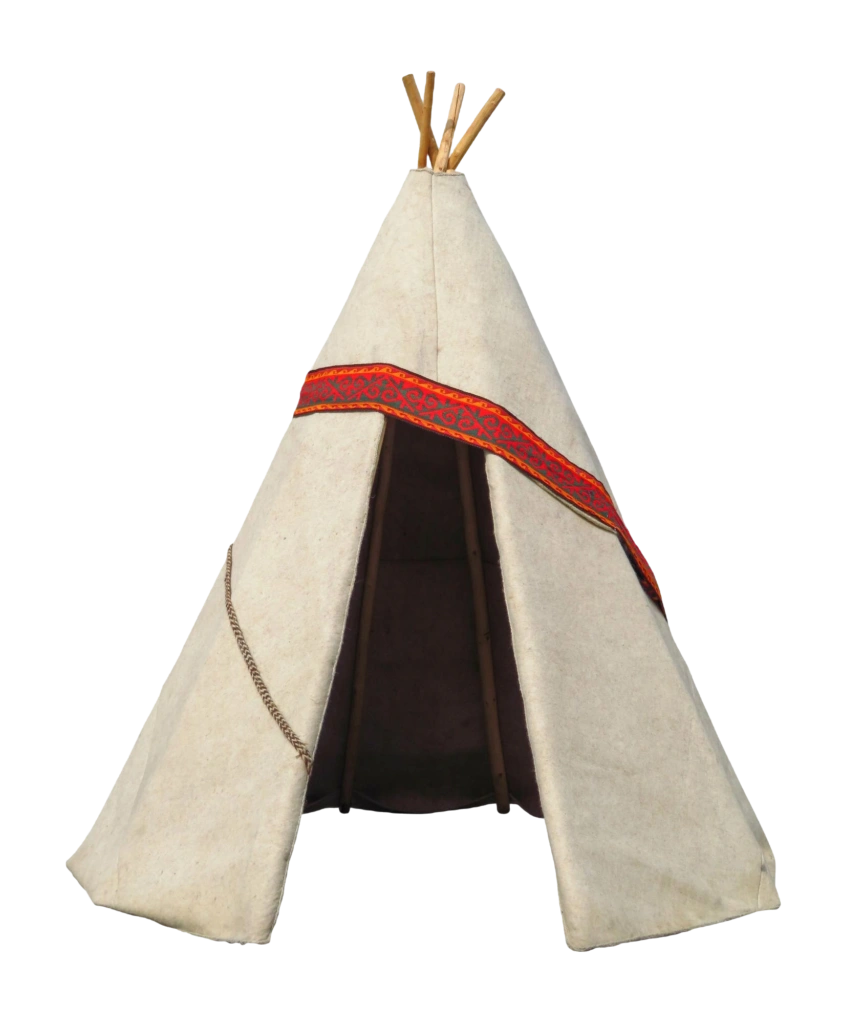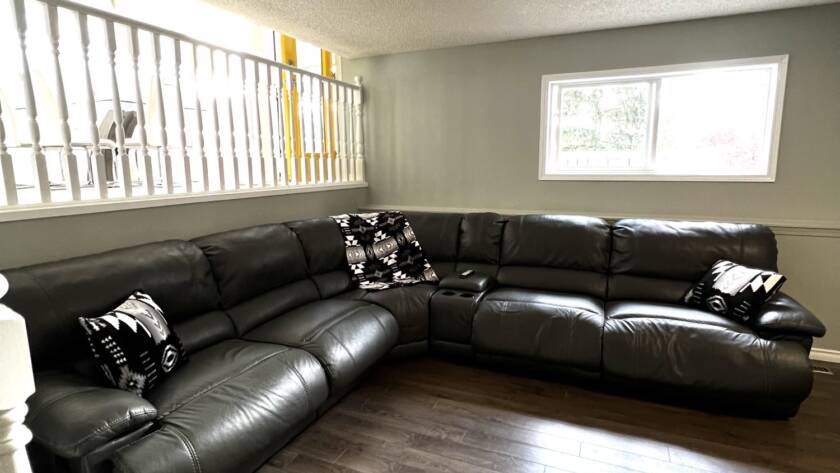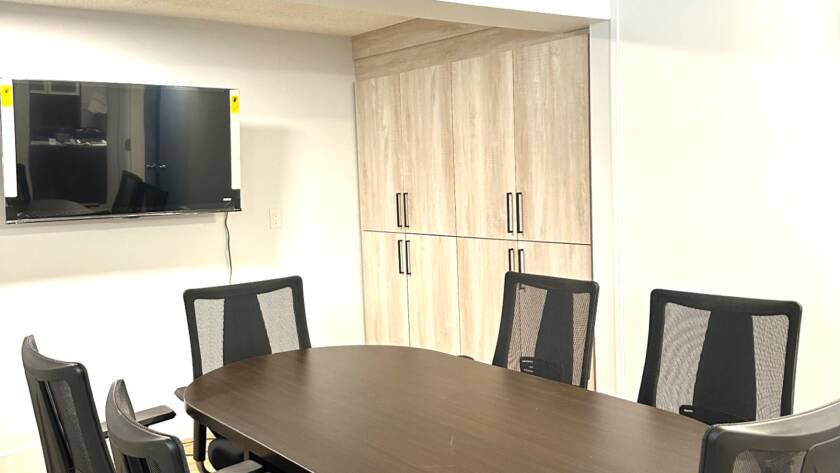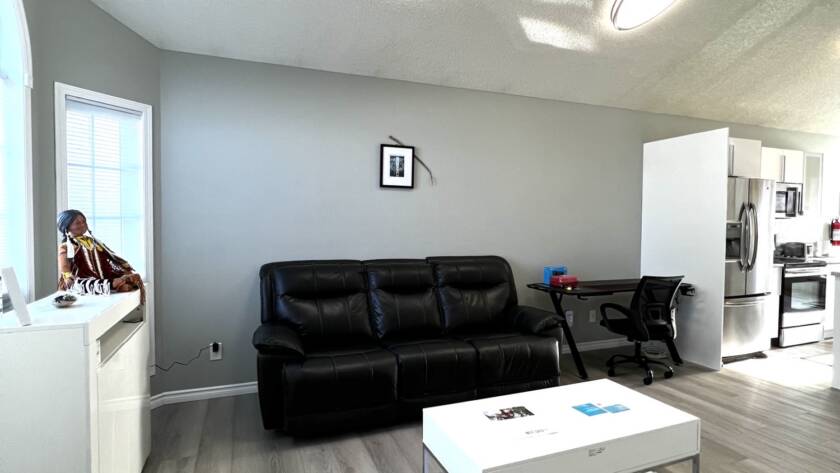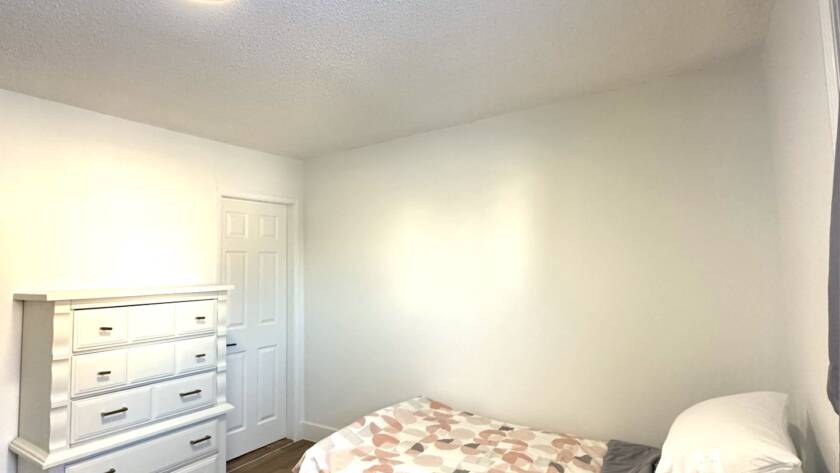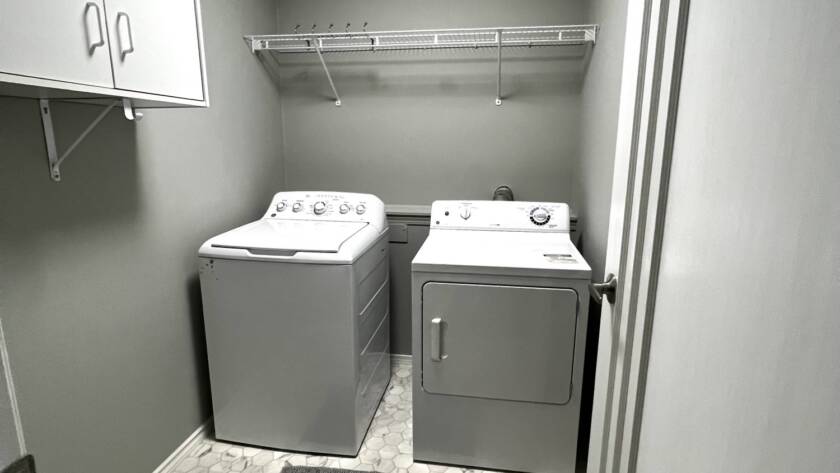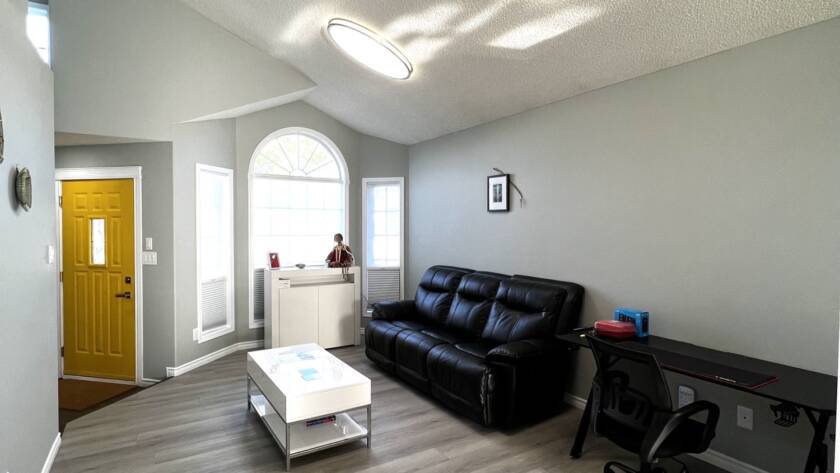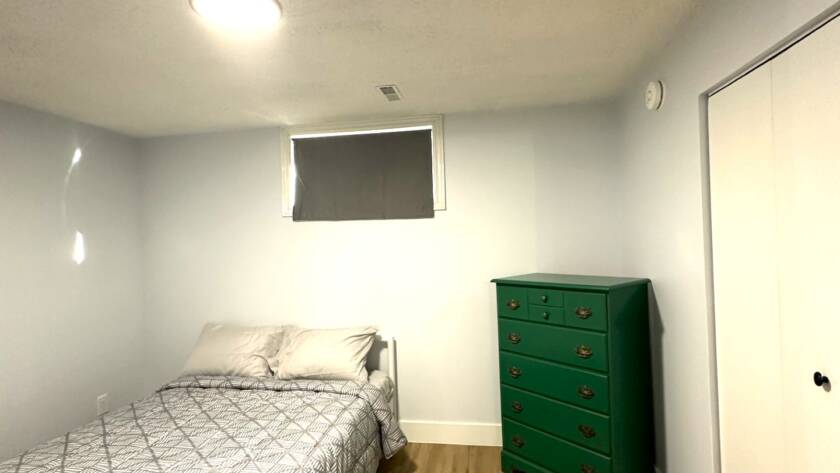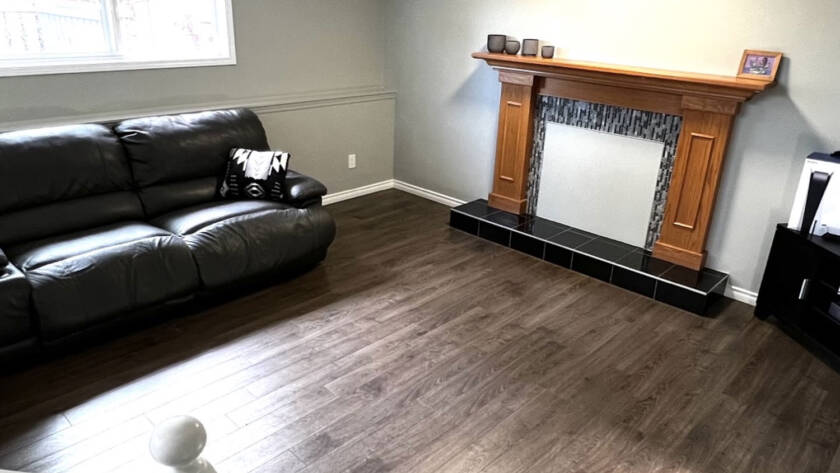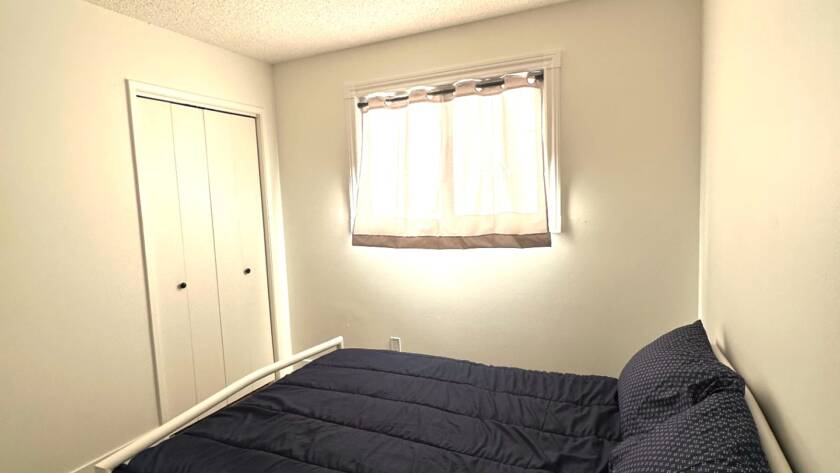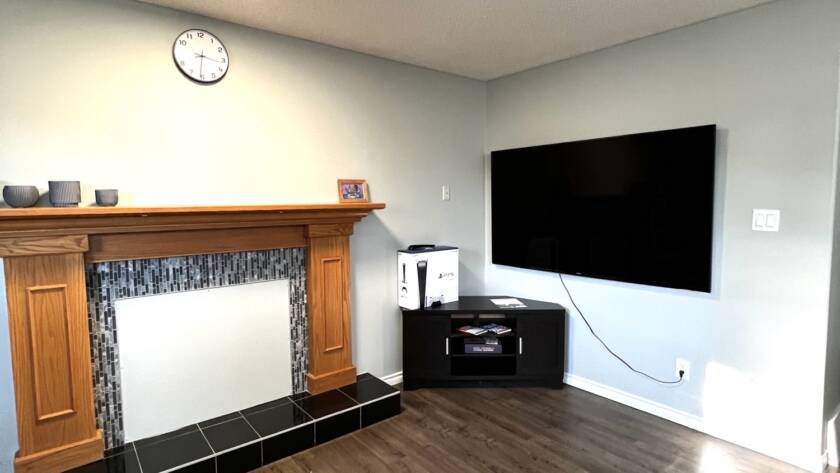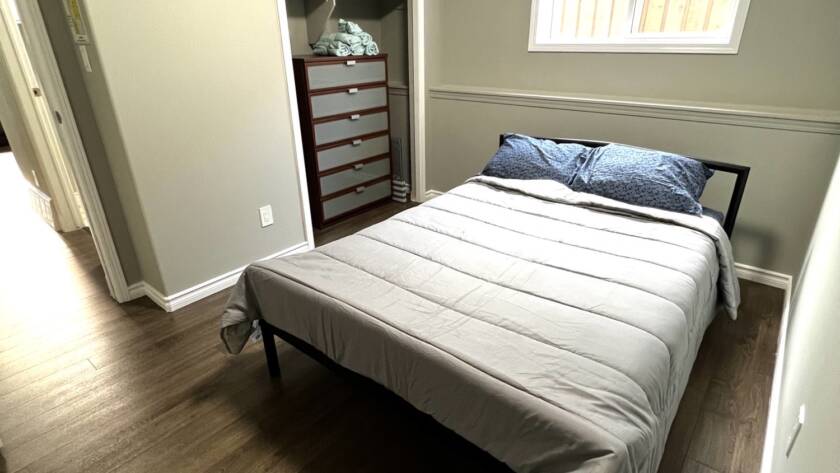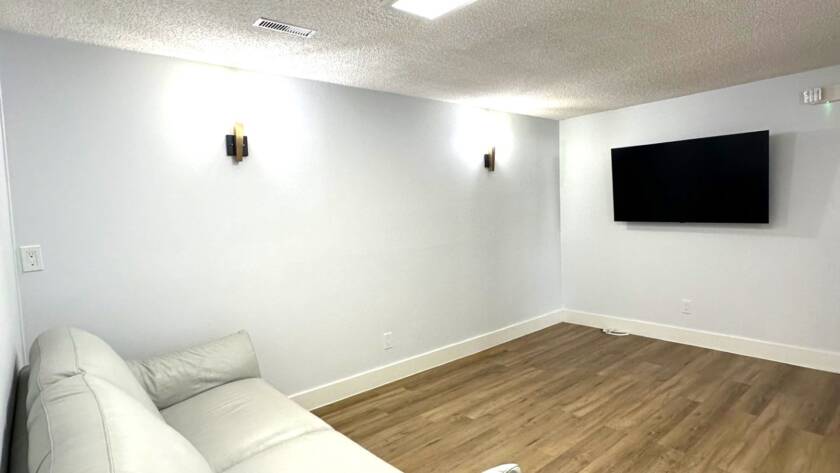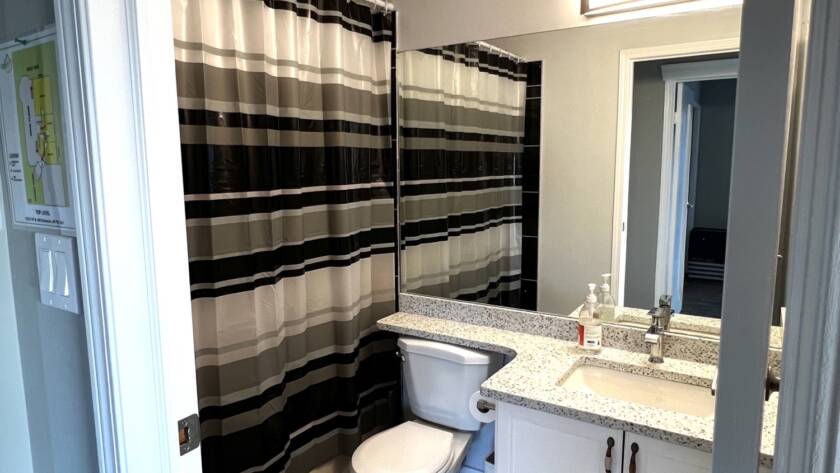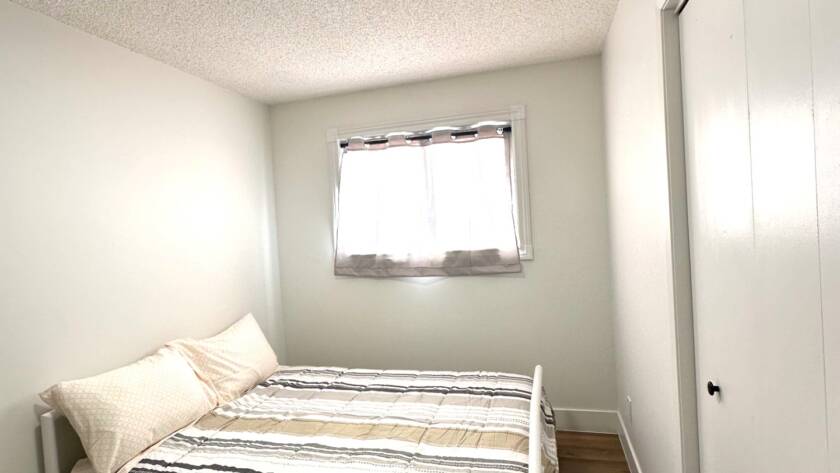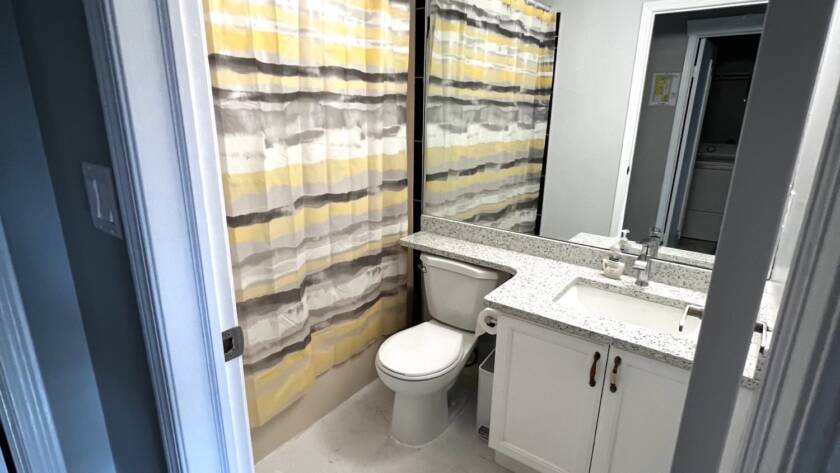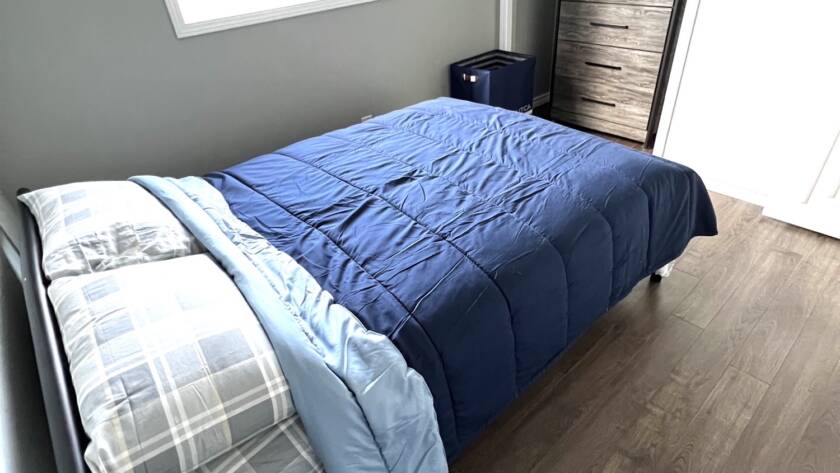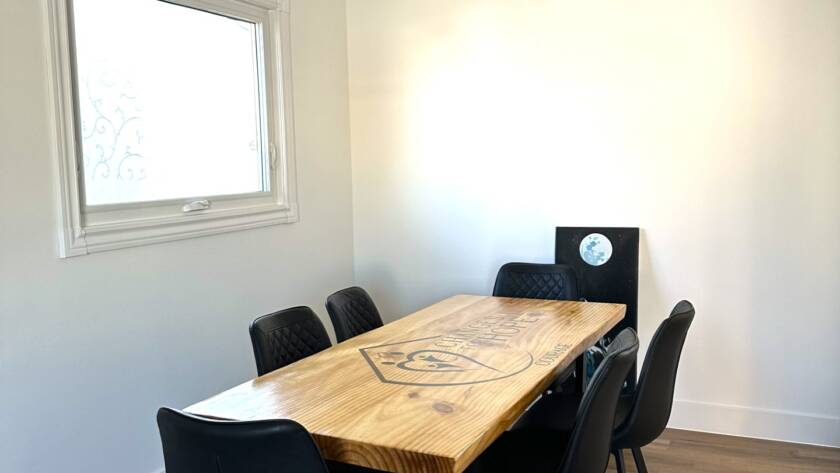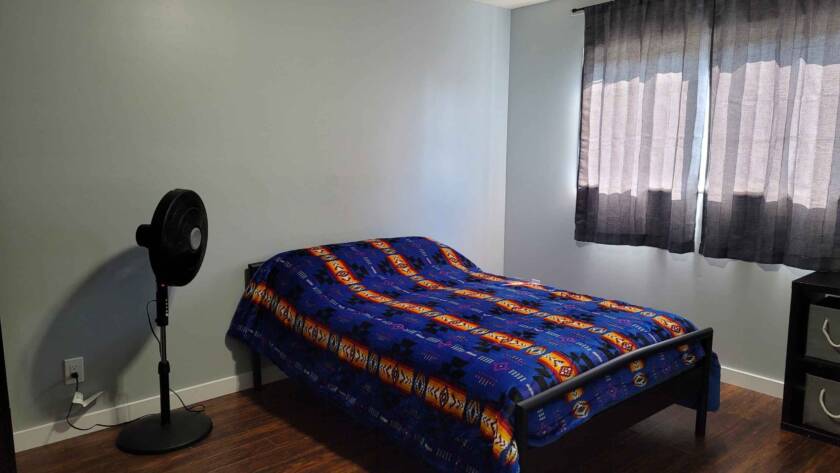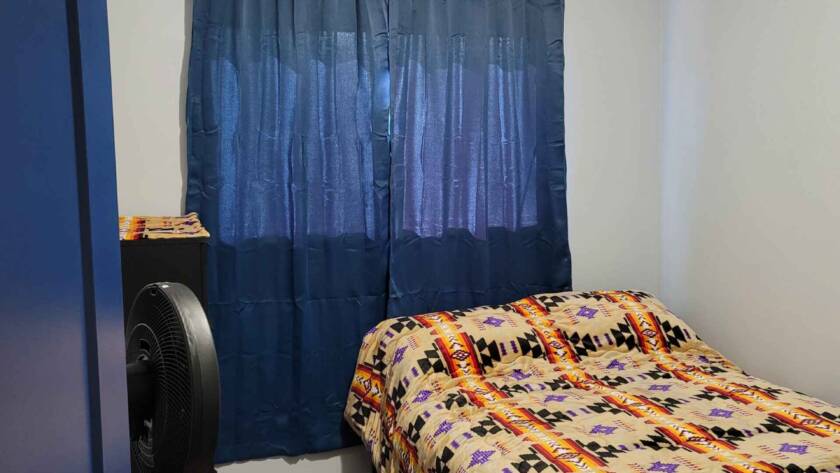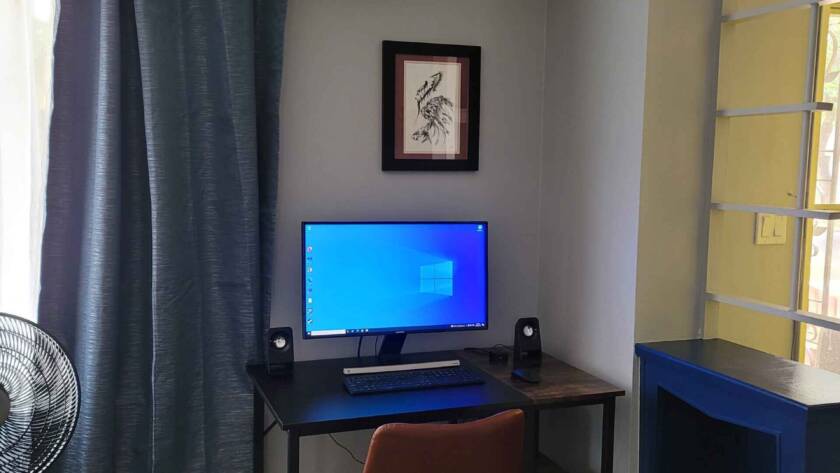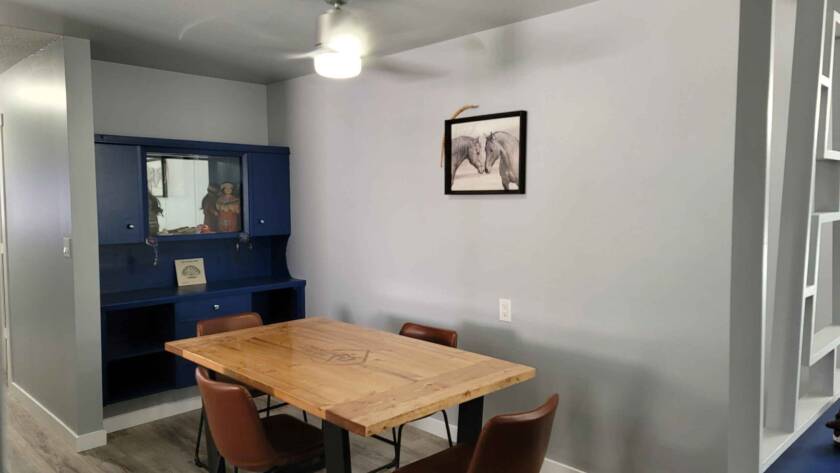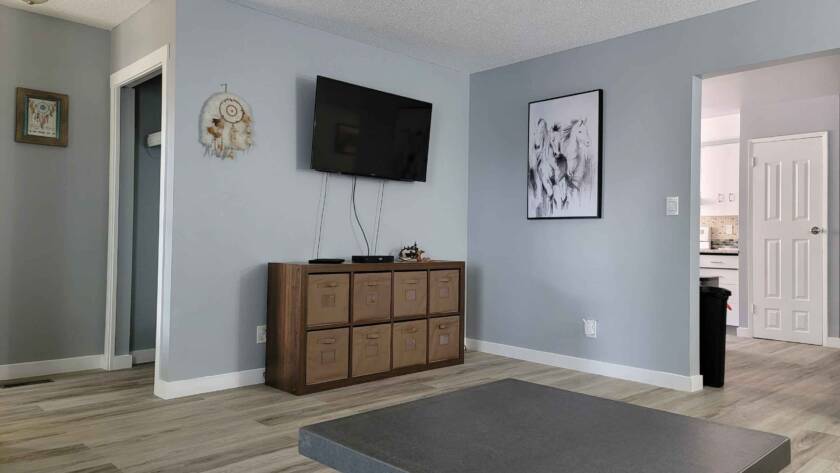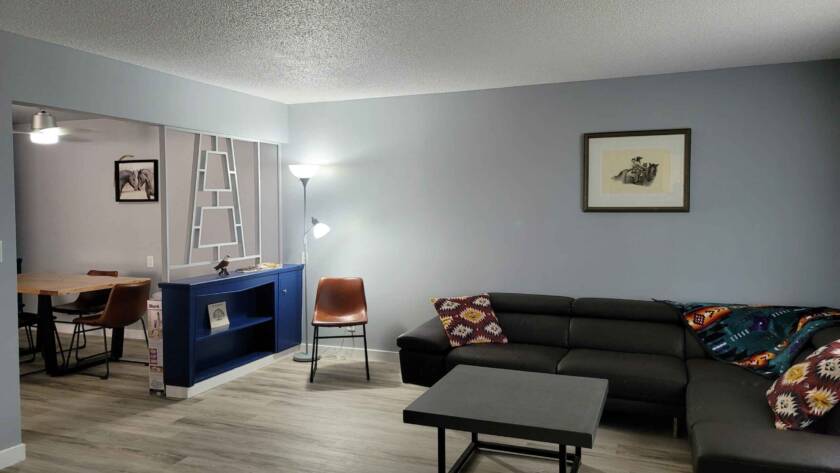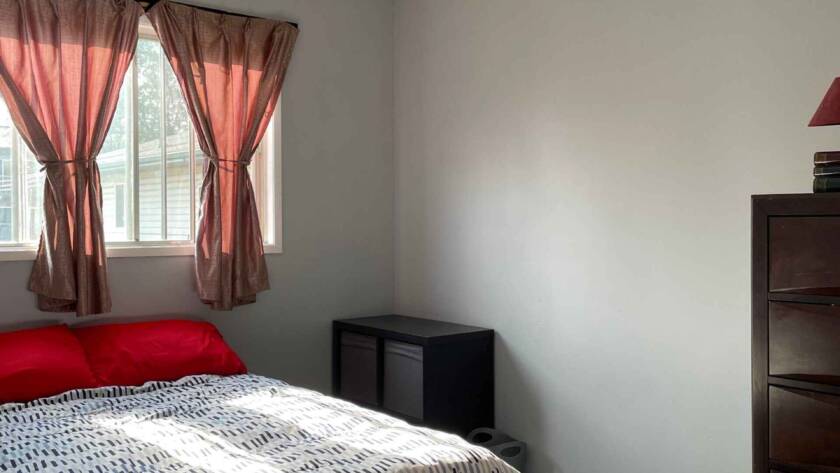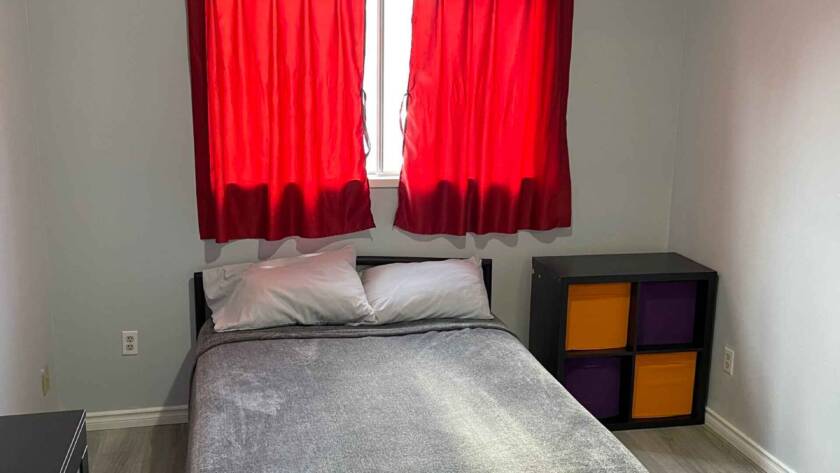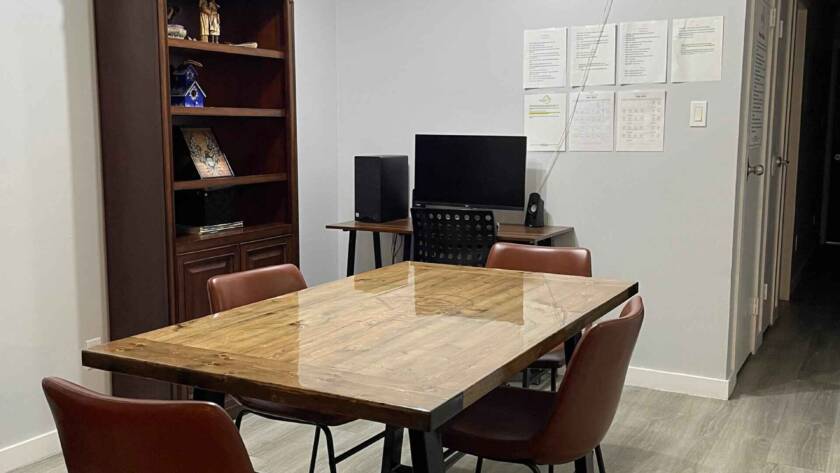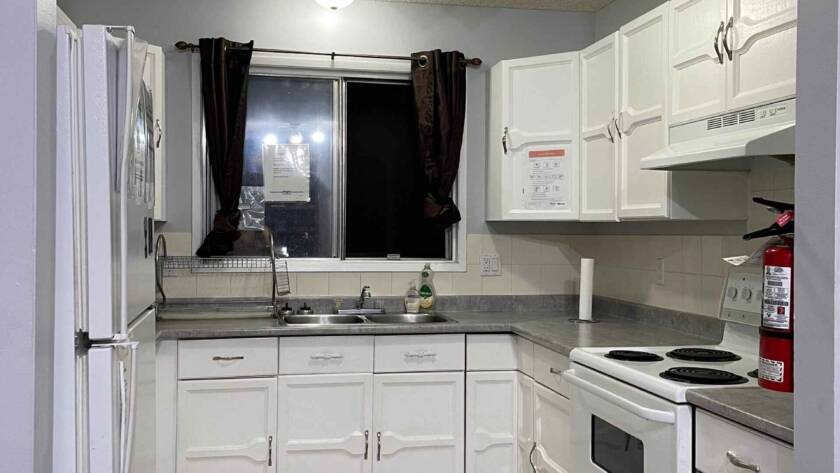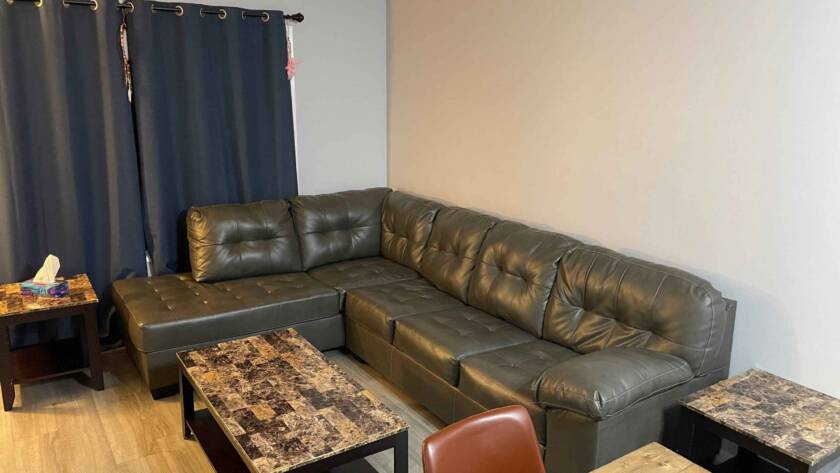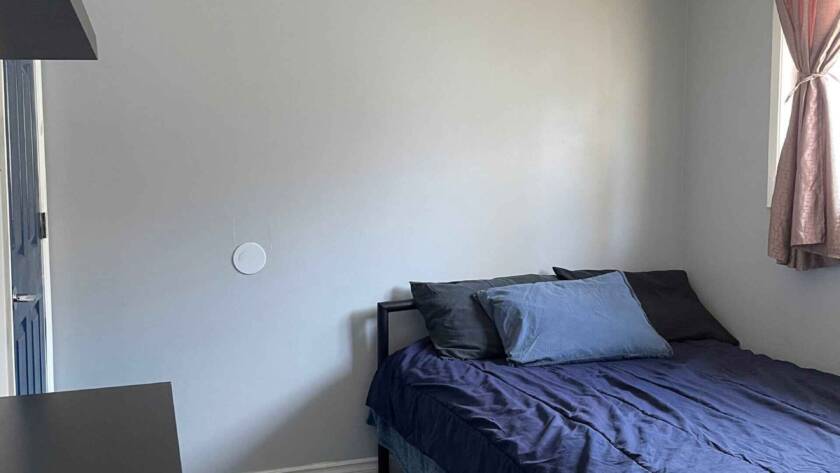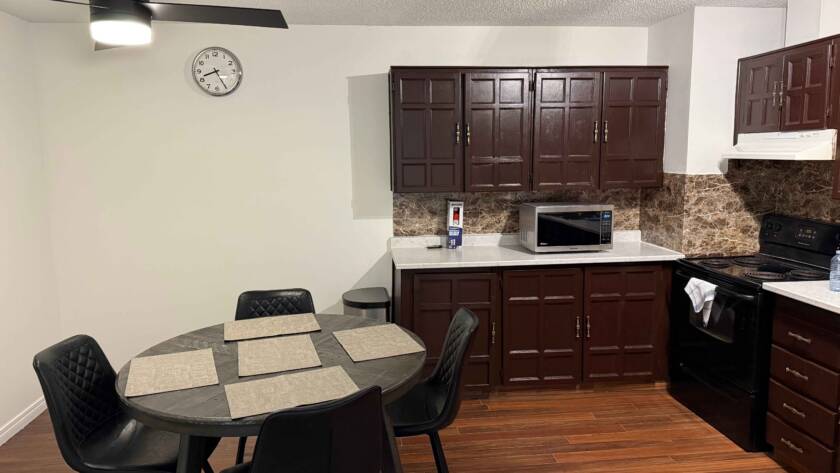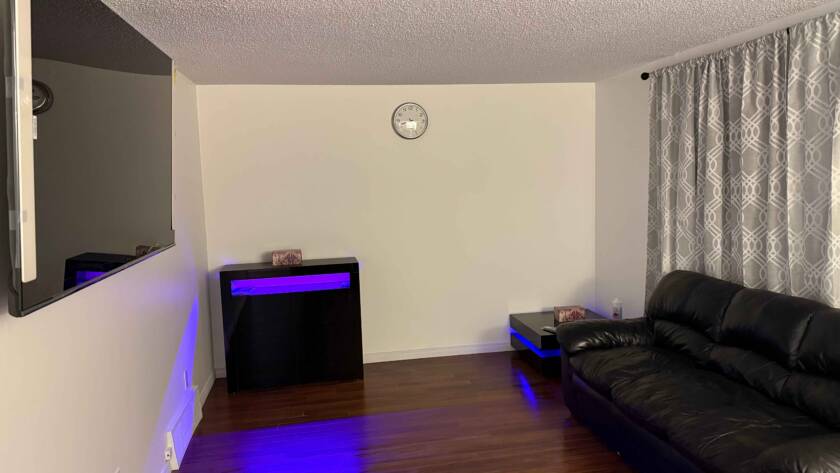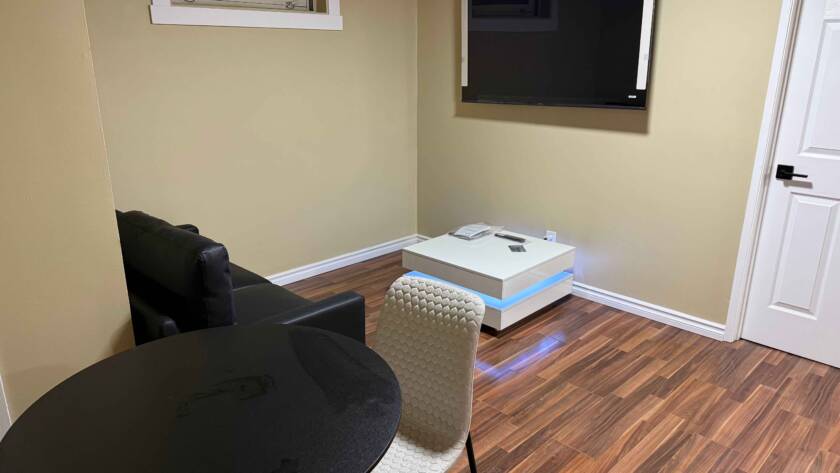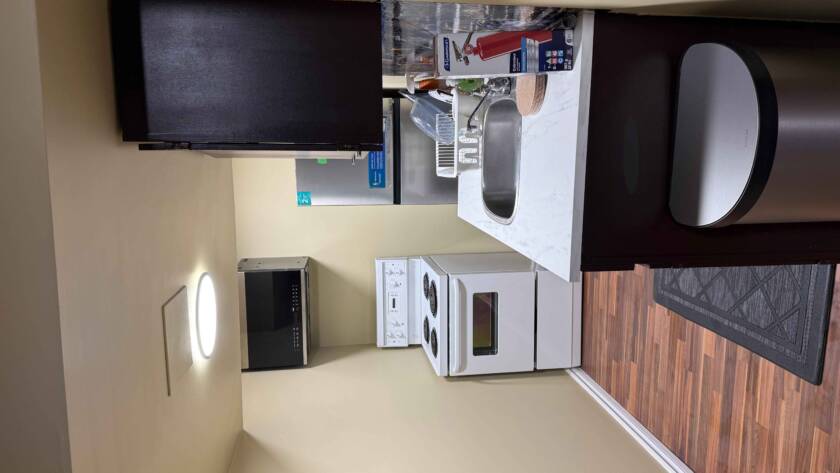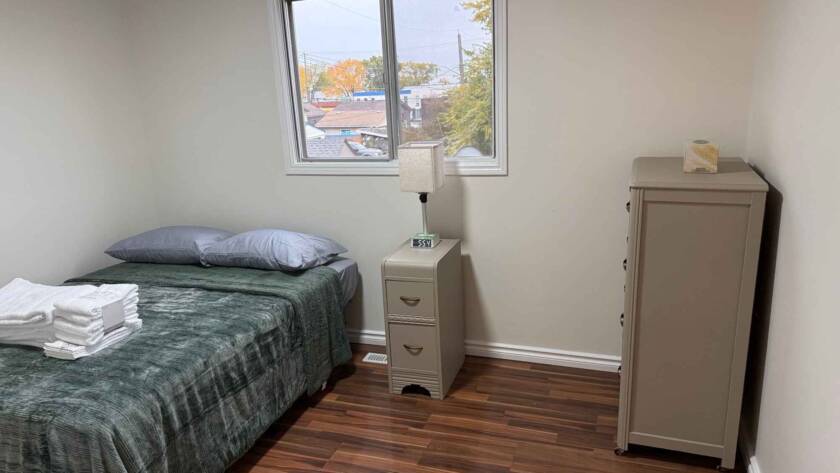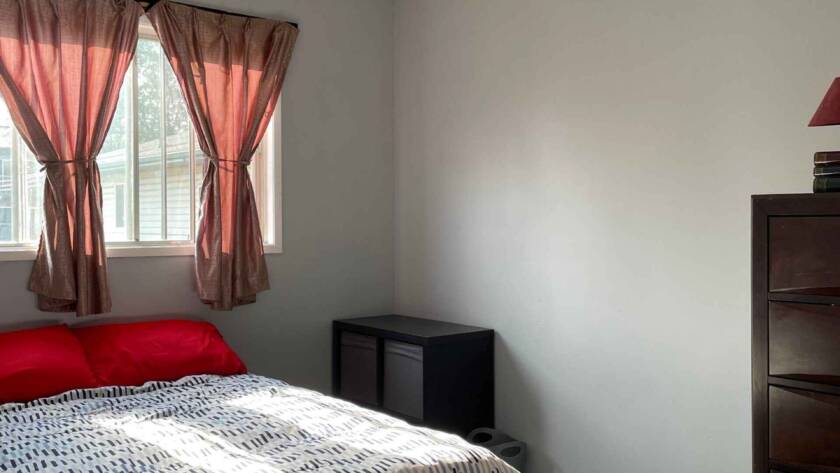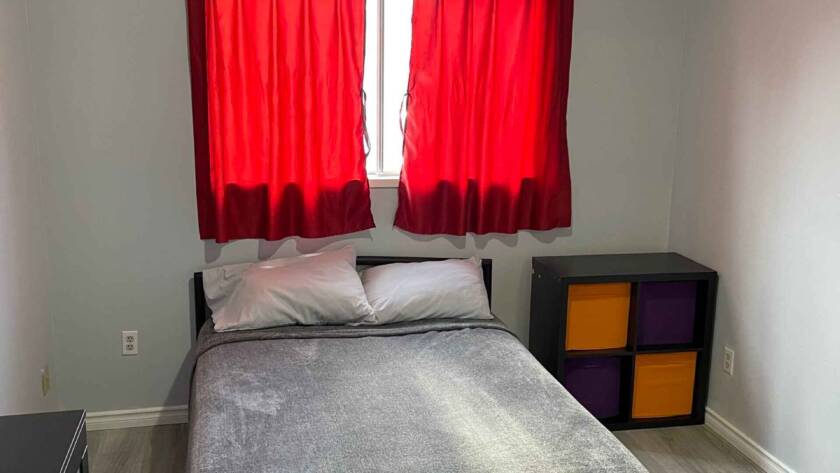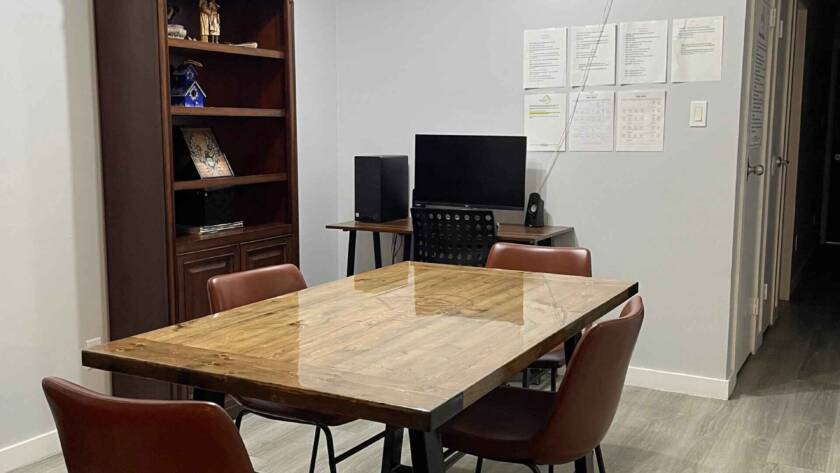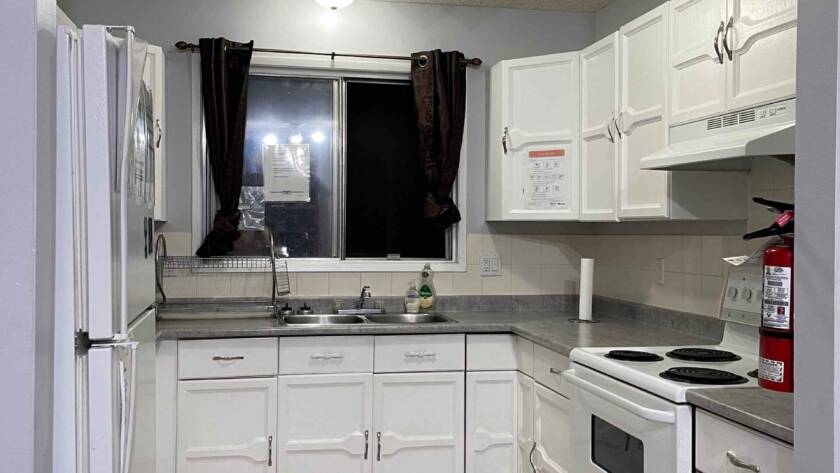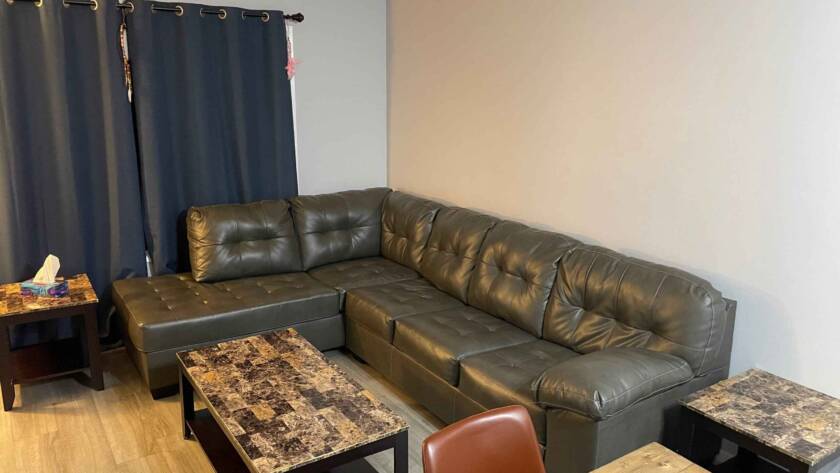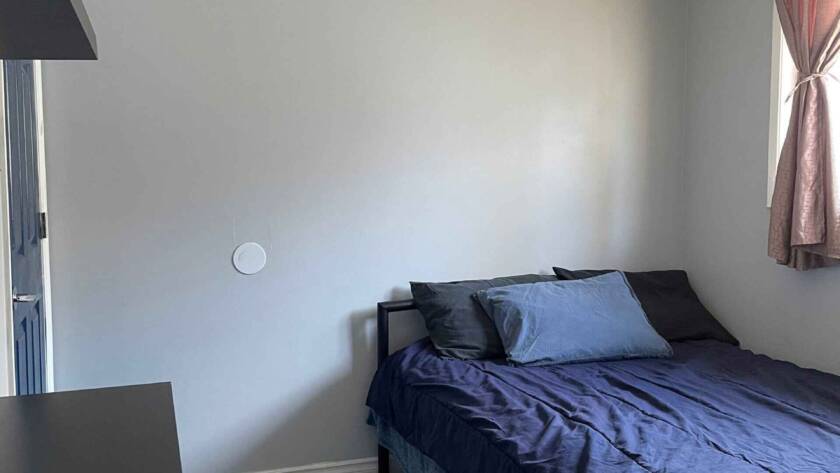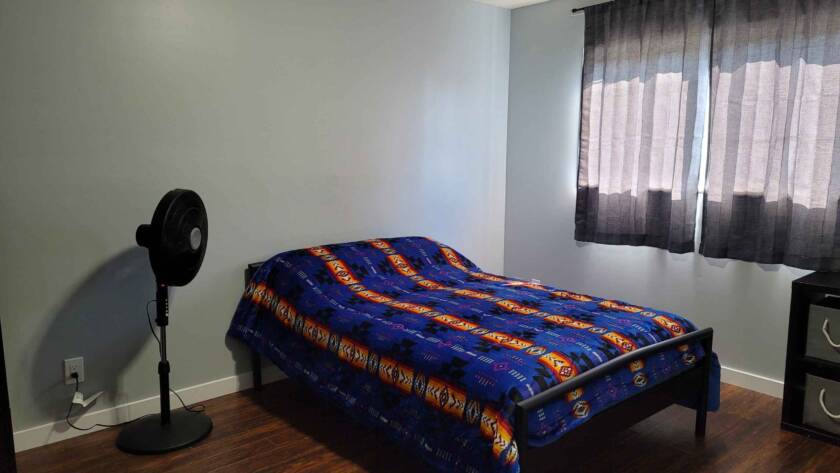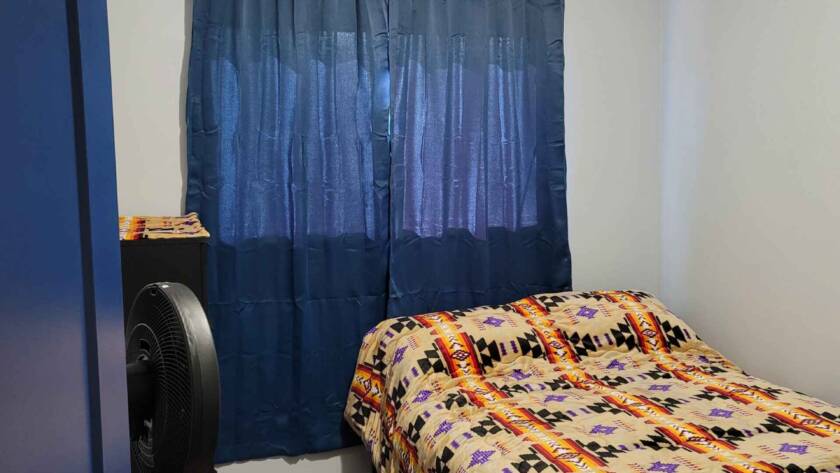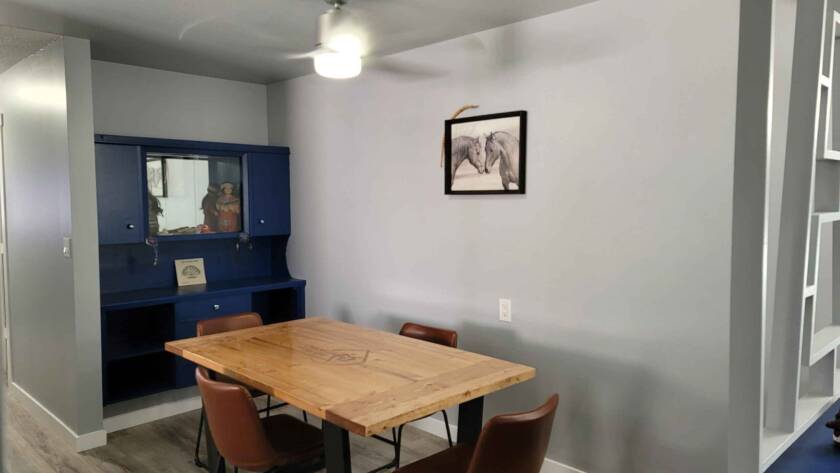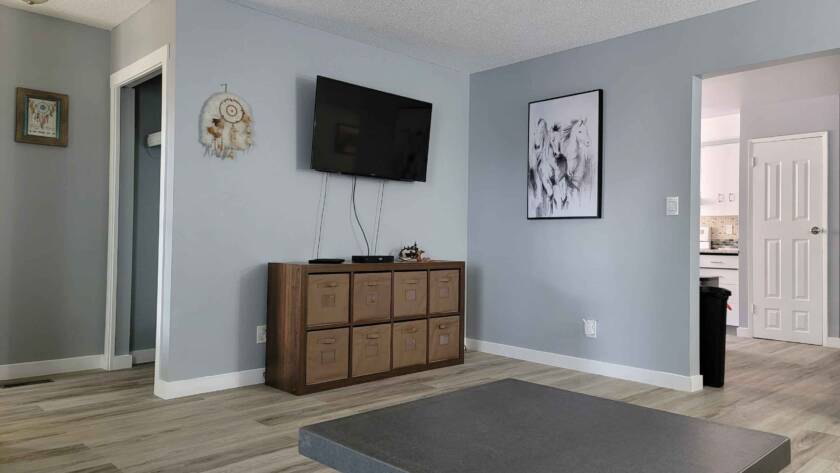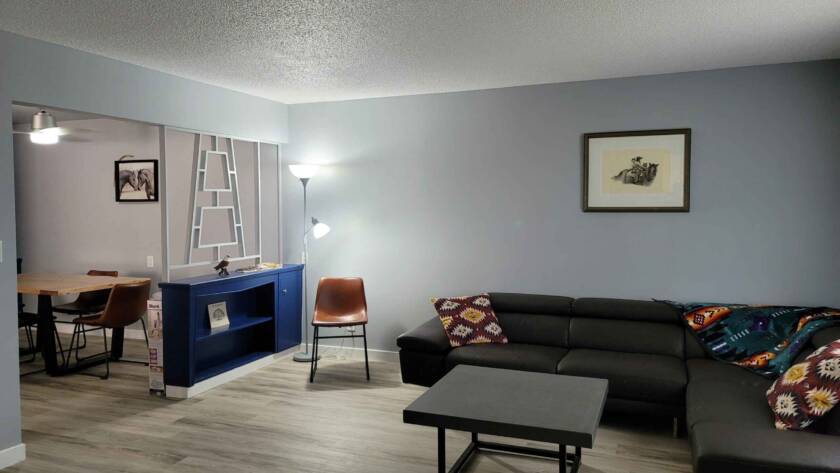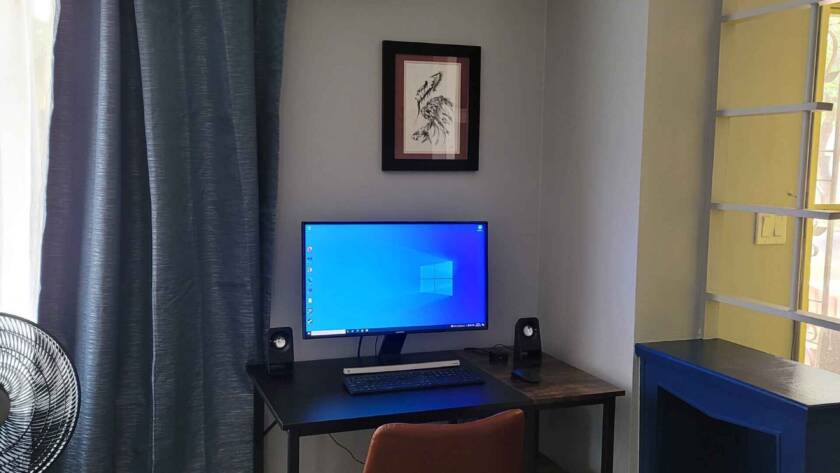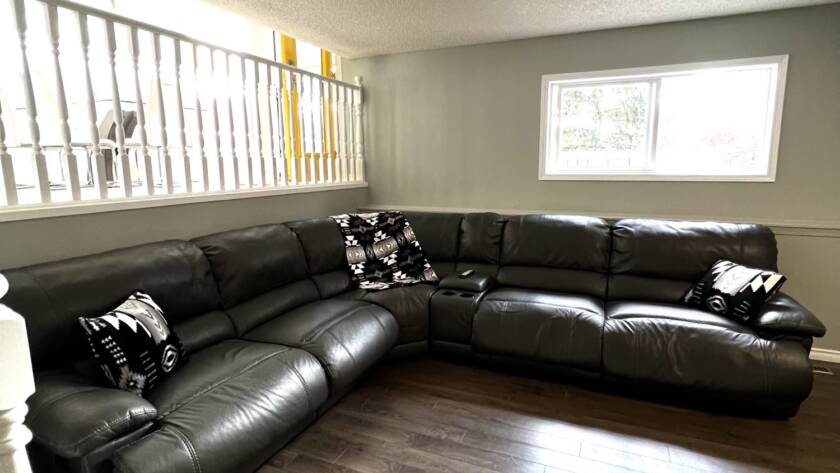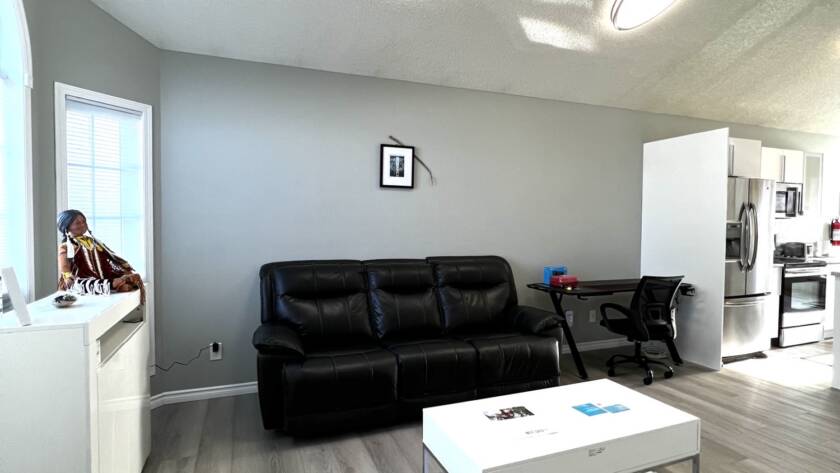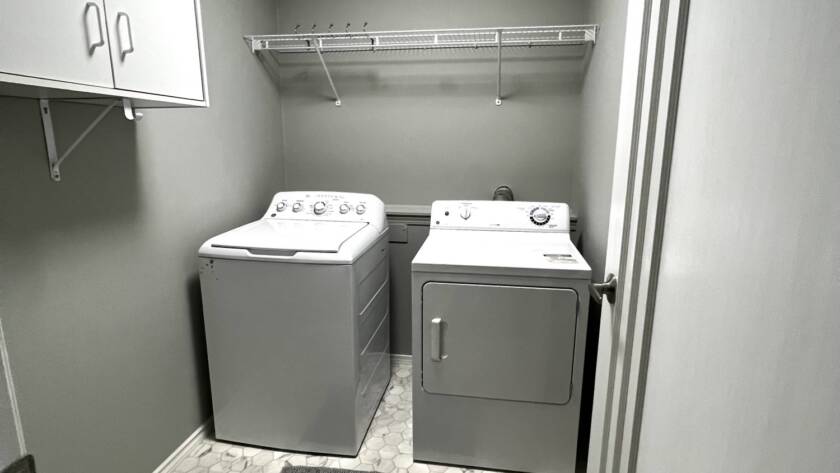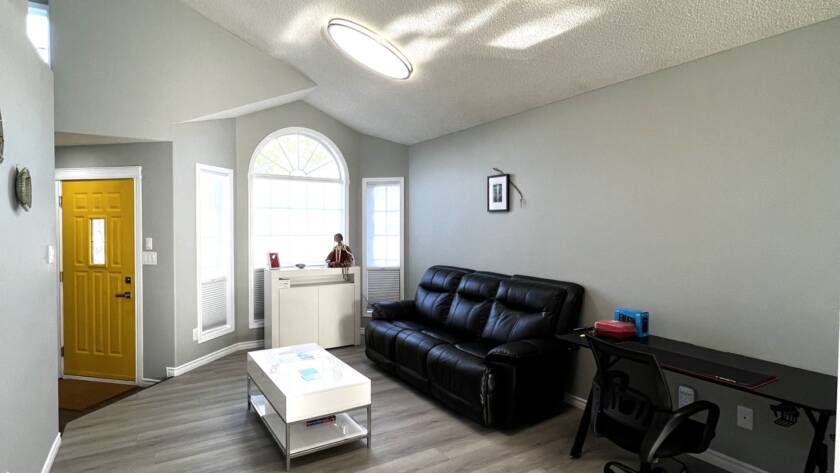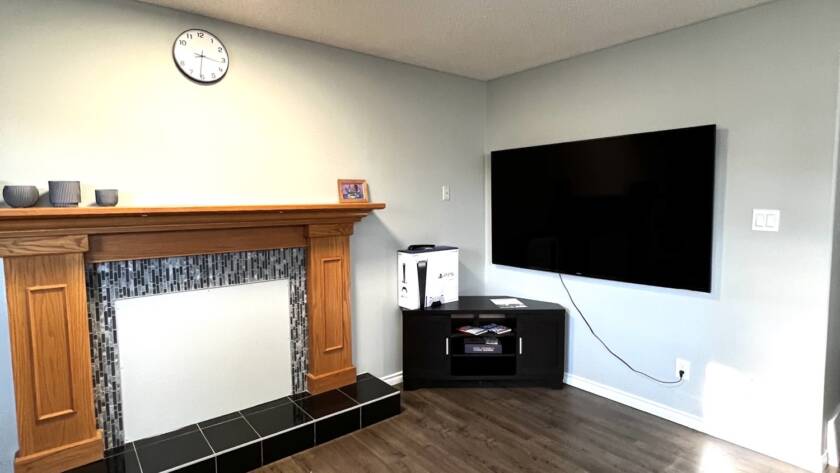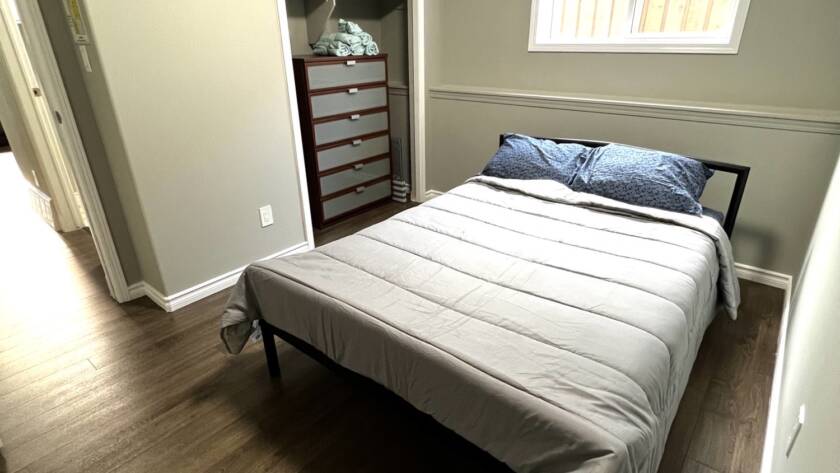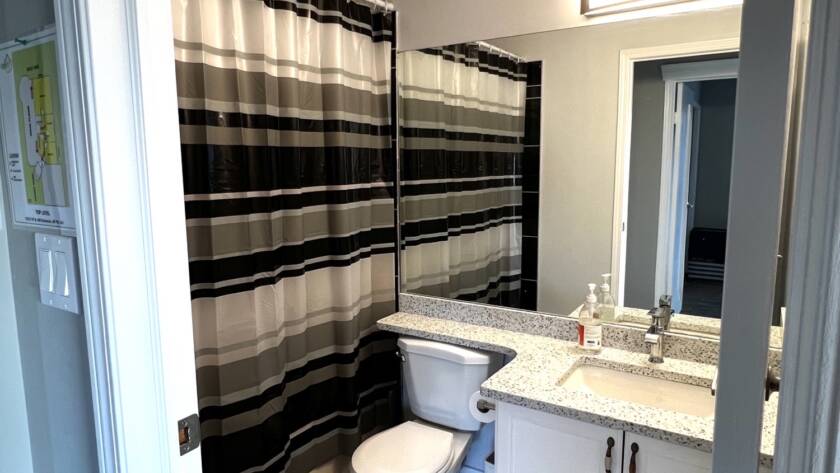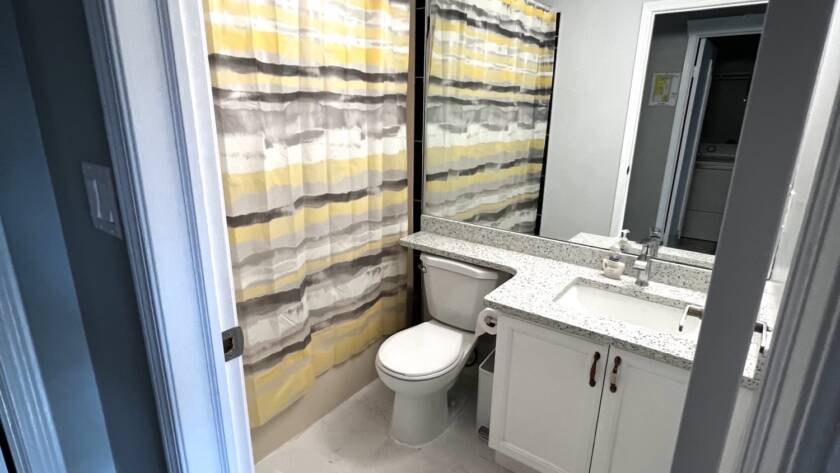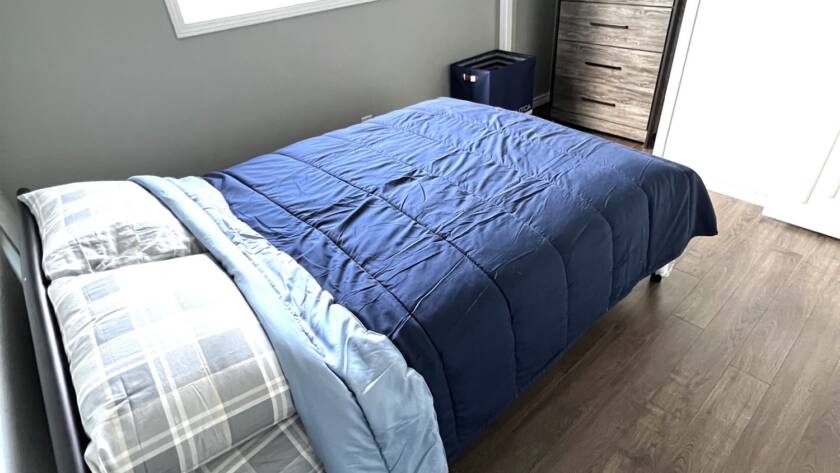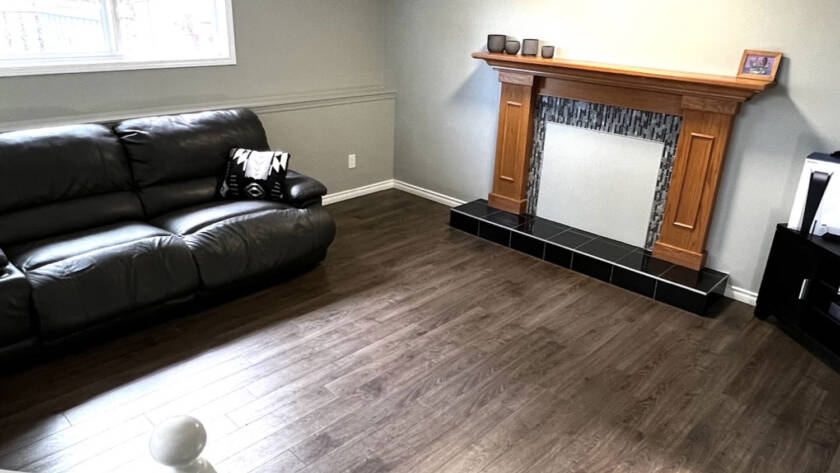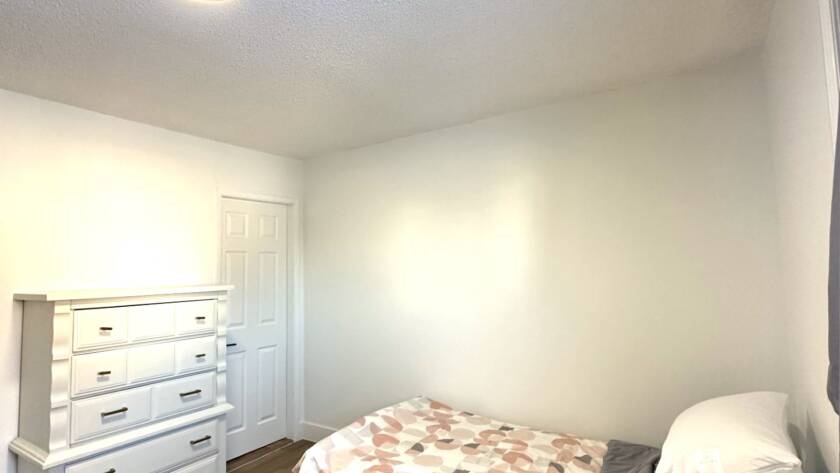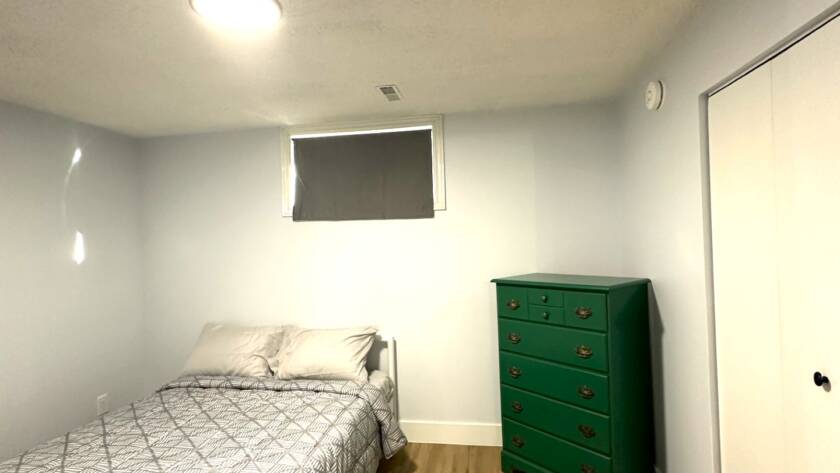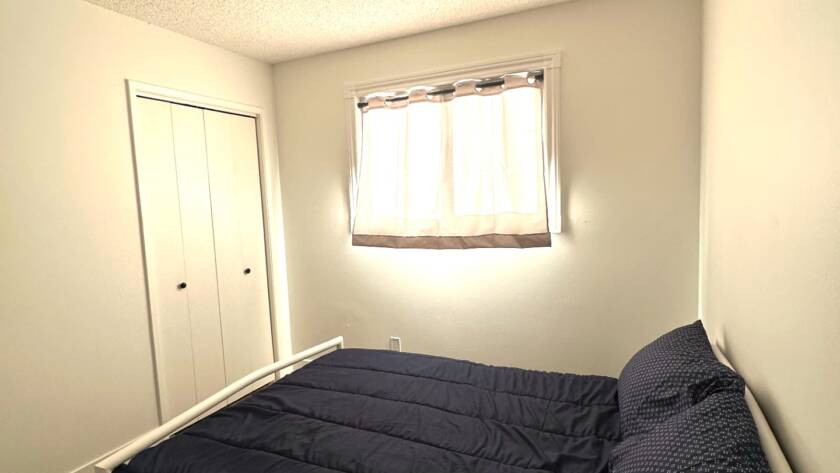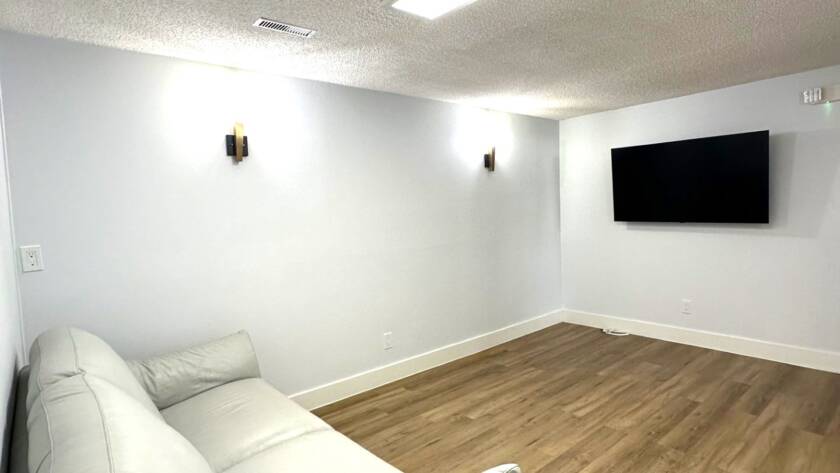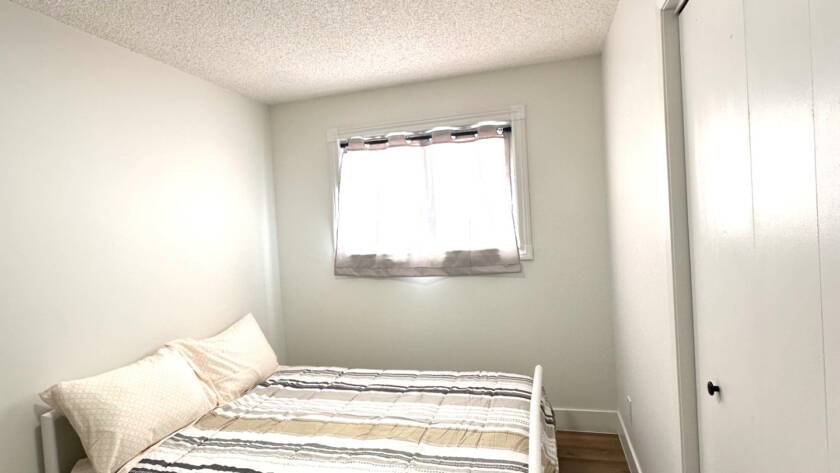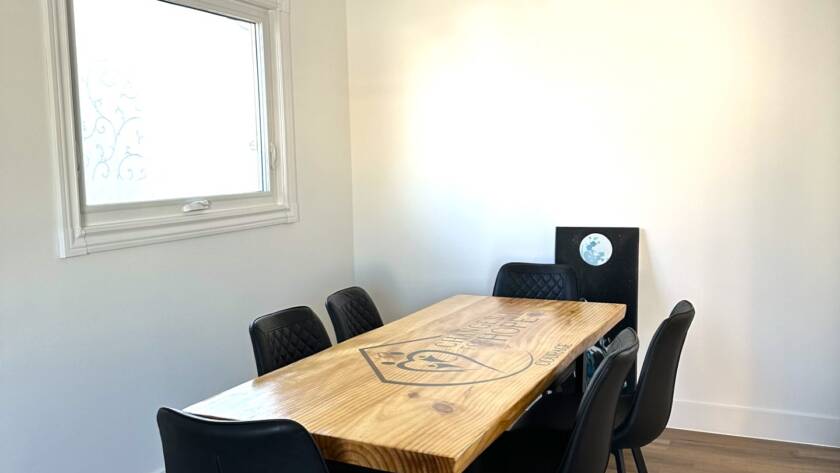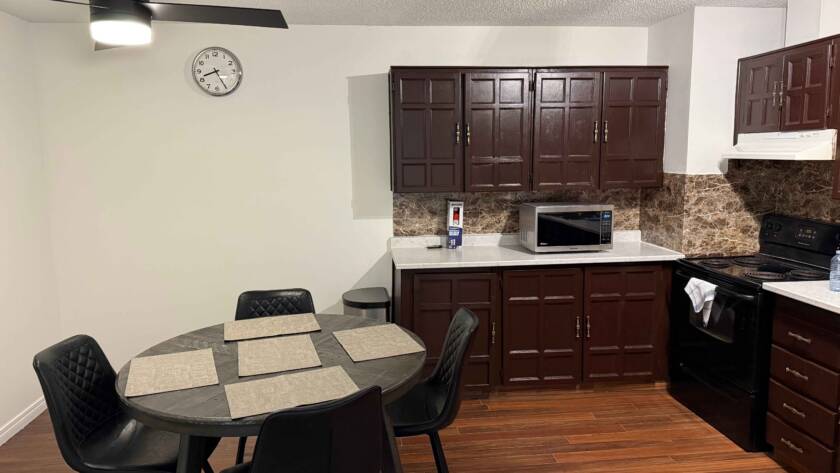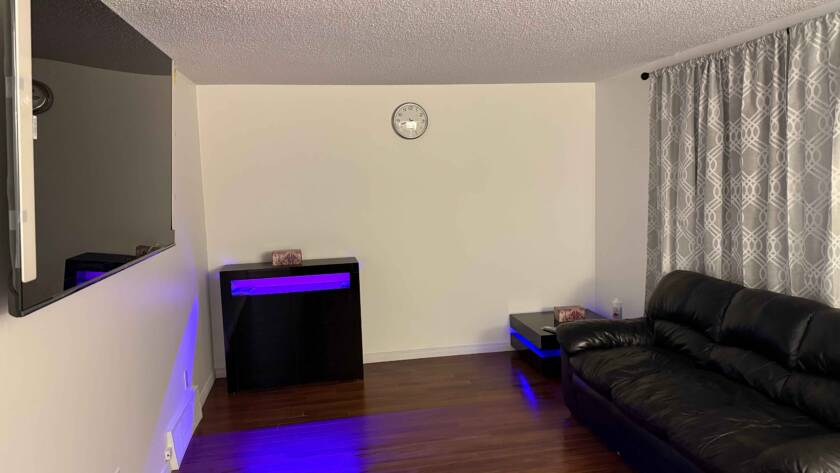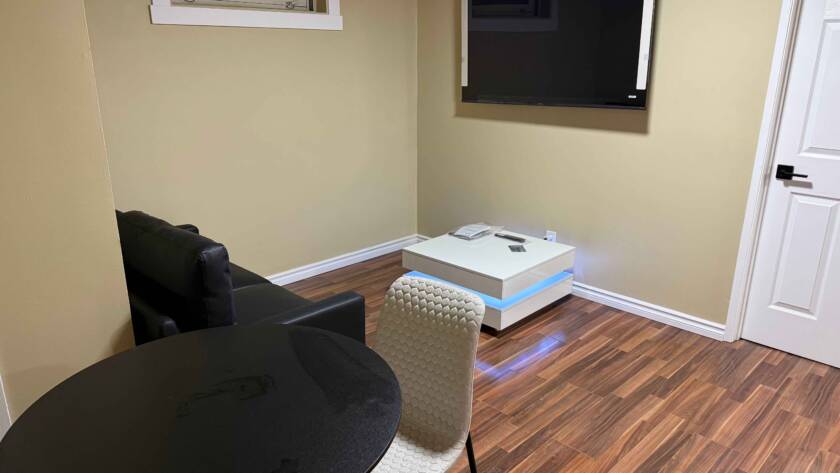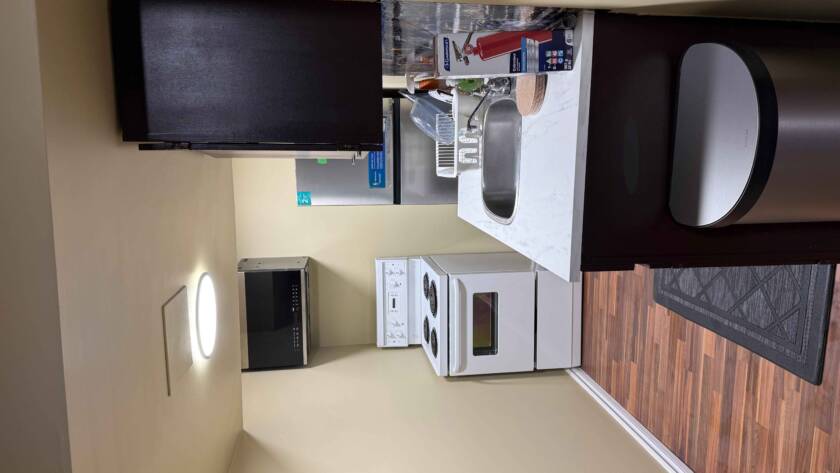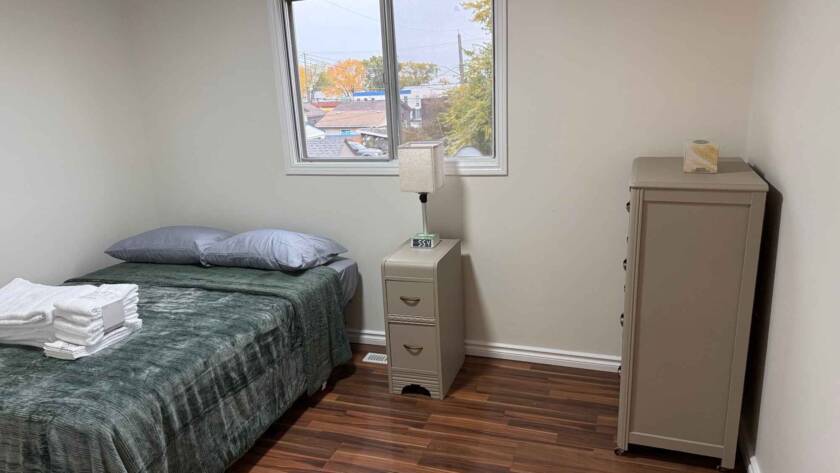Hope, Faith, Prosperity, SIL & Courage House
Territorial Connections for Indigenous youth.
In this program, the youth receive:
- 24 hours a day, 7 days a week supportive care from trauma informed trained staff
- Referrals to outside sources for medical and phycological care
- Stabilization, Supervision and Life Skills training in the areas of holistic wellness, interpersonal skills, goal planning, making healthy choices, problem solving and self awareness
- Training and direction in decision making processes
- Support and understanding in acknowledging their complex trauma experiences
- Support to better enable them to come to terms with existing family problems while living outside the family unit
- Training in the development of problem-solving skills and in the identification and selection of appropriate resources. Referral’s regarding the community resources available to the youth
- Recreational and Cultural participation are strongly supported
- Personal spending budget and clothing allowance
- Transition planning for return to family or supported transition through agency to SIL program
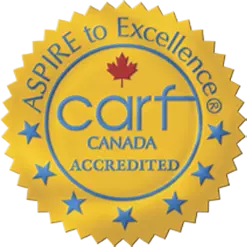

With education being a priority, the program expects the youth to participate in a structured day program. This program may be full time school of their choice (as available) or work or a combination of both. The program plan/goal will be selected in consideration of the youth’s wants, needs and capabilities.
Adverse Childhood Experiences Scoring Sheet is used to find each youths ACE Score. This tool allows us a brief look at past Grief, Loss and Trauma.
Transitioning-From-Care, Life Skills Assessment Tool (A Guide for Care Givers) and Casey Life Skills Assessment and Life Skills training using PAYA (Preparing Adolescents for Young Adulthood) tools help the youth to see what areas of their life need more support for them to grow and continue moving forward…
Youth are supported in the relationships that are important to them and to maintain their own culture and practice their religious or spiritual beliefs. Where appropriate, family involvement will be encouraged and outings in the community are supported and encouraged.
The program will follow nutritional standards in accordance with the Canada Food Guide and will respect cultural and religious dietary practices. The youth share responsibility for food selection and preparation under the supervision of staff. All staff are aware of Canada’s Food Guide: First Nations, Inuit, and Métis
In cooperation with the youth and their caseworker the program provides for the development of Individual Service Goals according to his/her Strengths, Needs, Abilities, and Preferences which will include interaction with community of origin and with their Elders.
The youth’s progress in their goals will be monitored and evaluated on an ongoing basis through monthly reports and quarterly evaluations and the youth’s personal goals are reviewed quarterly.
With education being a priority, the program expects the youth to participate in a structured day program. This program may be full time school of their choice (as available) or work or a combination of both. The program plan/goal will be selected in consideration of the youth’s wants, needs and capabilities.
Adverse Childhood Experiences Scoring Sheet is used to find each youths ACE Score. This tool allows us a brief look at past Grief, Loss and Trauma.
Transitioning-From-Care, Life Skills Assessment Tool (A Guide for Care Givers) and Casey Life Skills Assessment and Life Skills training using PAYA (Preparing Adolescents for Young Adulthood) tools help the youth to see what areas of their life need more support for them to grow and continue moving forward…
Youth are supported in the relationships that are important to them and to maintain their own culture and practice their religious or spiritual beliefs. Where appropriate, family involvement will be encouraged and outings in the community are supported and encouraged.
The program will follow nutritional standards in accordance with the Canada Food Guide and will respect cultural and religious dietary practices. The youth share responsibility for food selection and preparation under the supervision of staff. All staff are aware of Canada’s Food Guide: First Nations, Inuit, and Métis
In cooperation with the youth and their caseworker the program provides for the development of Individual Service Goals according to his/her Strengths, Needs, Abilities, and Preferences which will include interaction with community of origin and with their Elders.
The youth’s progress in their goals will be monitored and evaluated on an ongoing basis through monthly reports and quarterly evaluations and the youth’s personal goals are reviewed quarterly.
